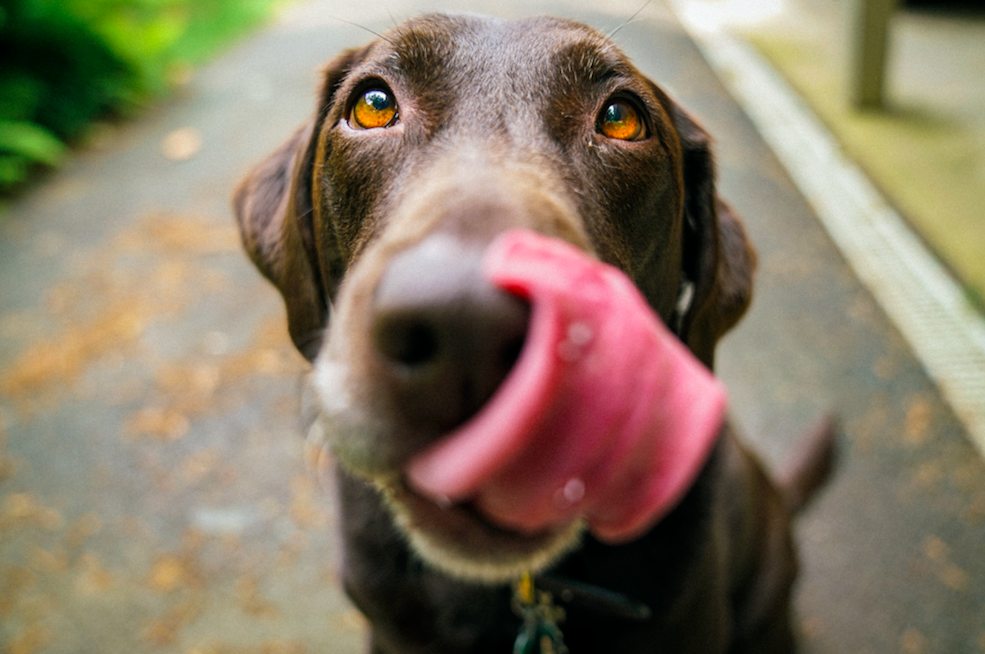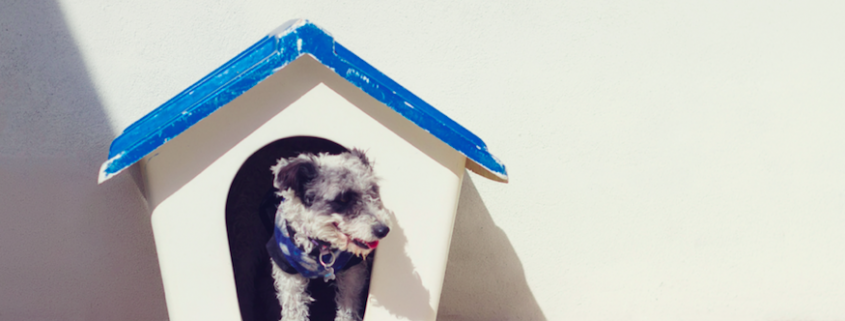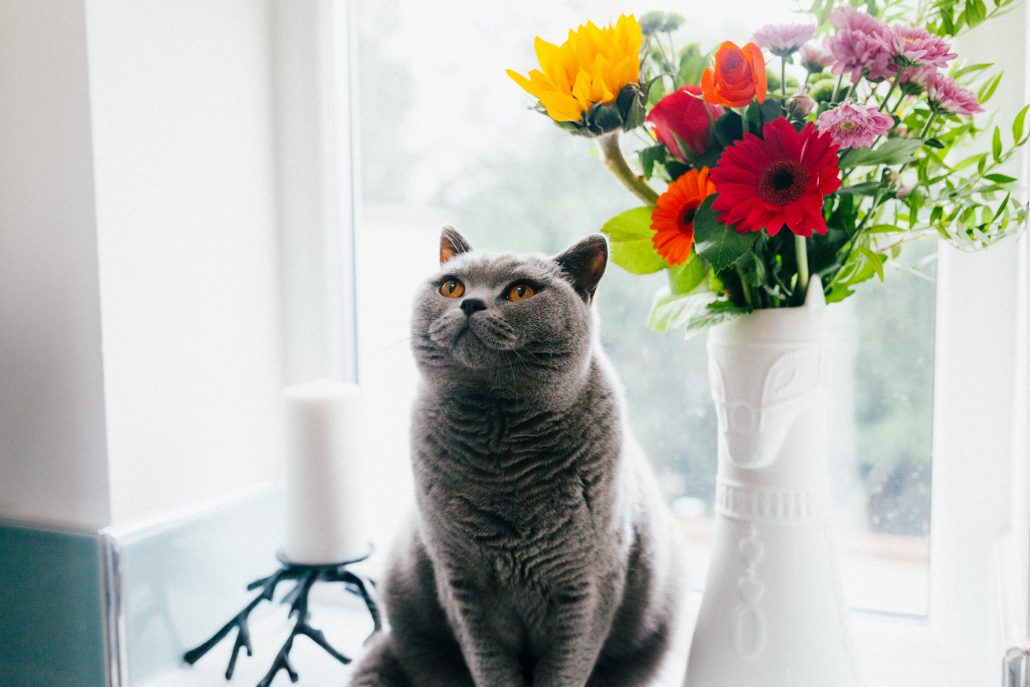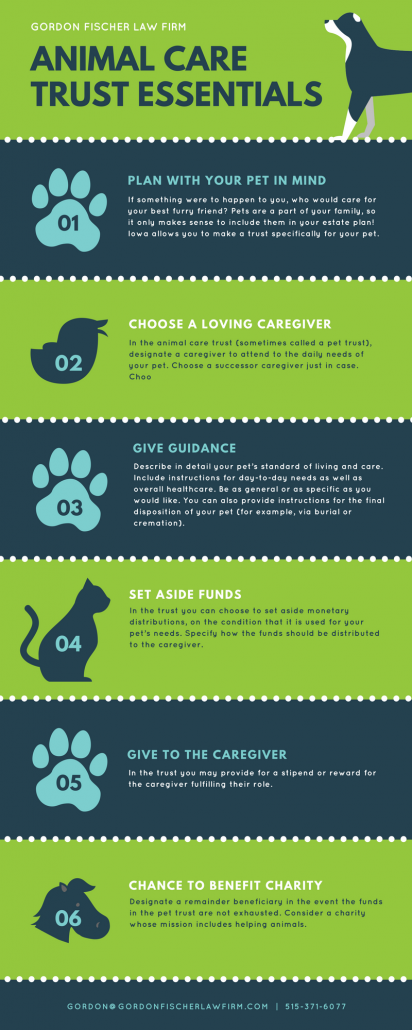When you own a pet, every day is a celebration of your furry/feathery/fuzzy friend…except maybe when they leave a stain on the new carpet. But, today is National Love Your Pet Day, which means it’s a special reason to celebrate! So after you’re done posing with your pup on Instagram, contact an estate planner about including Spot in your estate plan! Don’t worry, you don’t need to name your bunny or bird as a beneficiary in your will to include them as a part of your family. There’s a special kind of trust just for animals—known as a pet or animal care trust.

Top Dog Benefit: Peace of Mind
It’s easy to establish but can make a world of difference for your animal companion if something were to happen to you. Of course, we would all hope that our families or friends would adopt our pets without hesitation and given them all the love in the world. But, for many reasons, that doesn’t always happen. An animal care trust gives you peace of mind that your pet will be provided for if you were to pass away or become incapacitated in a way that prohibits you from fully being able to care sufficiently for the pet.
Animal Care Elements: Consider These Questions
There are just a few key questions you should consider with an animal care trust.
- If something happens to you, who do you want to have guardianship of your pet? This caregiver should be a trusted someone that can give ample care and love to your pup. It’s a good idea to name a successor caregiver just in case.
- Who do you want to be the trustee of the trust? The trustee is the person who distributes trust funds and ensures that the pet’s caregiver follows the owner’s instructions as set out in the trust. For instance, you could designate your mother as the trustee and your brother as the caregiver. You can name a successor trustee if the first individual is unable or unwilling.
- Who would you like named as the remainder beneficiary of the trust’s funds? If your pet passes before the trust is exhausted, where would you like the money to go? This is a great opportunity to name an animal care charity which would put the money toward helping more animals!
- What are your pet’s standard of care and daily life? What do they like to do? You’ll want to detail things like health care needs (like medicine), food preferences, and activities they love (like playing catch or running alongside a bike). If you want your pet to visit the veterinarian for check-ups every six months, this can also be written in.
- What features (breed/age/color/name) identify your pet? Identifying the dog in detail can prevent a guardian from replacing the original pet as a way of illegally extend trust distributions! (Not that they would…but just in case.)
- Do you have a preference for the disposition of your dog? This is optional, but you could choose to specify burial under a favorite tree in the backyard, or cremation.
- How much money do you want to set aside in the trust? This money is what will be used to provide care for your pet. You’ll also want to specify how the money will be distributed to the caregiver of your animal. Generally, this figure can’t exceed what may reasonably be required given your pet’s standard of living.
- Do you want to compensate the caregiver? If you wish, you can compensate the caregiver in their role. Generally, a small monthly or annual stipend is acceptable.
Note that a good estate planner will include “all present and future pets” in the pet trust with some specific verbiage. This is a bit of estate planning insurance, just in case you don’t have the chance to update your pet trust if you add a new animal to your family in the future.
Why Not Just a Will?
One questions I’ve received from pet parents in the past is: why can’t I just include my cat in my will? They have a point and they’re on the right track. Pets are considered personal property, so you can include them in your will with language such as, “My daughter will inherit my house and my hedgehog, Sonic.”
However, a will is a document that facilitates transfers of assets—it doesn’t enforce demands tied to the property. Instructions in a will are unenforceable, there is nothing to stop the pet caregiver to ignoring instructions in a will completely. But, in an animal care trust, you can hone in on specific habits and behaviors such as: Rover eats X certain kind of dog food and should be taken to a dog park at least once a week. If the caregiver didn’t feed Spot a certain kind of dog food or take him to the dog park, the trustee could get the caregiver’s status revoked and the pet would transfer to the successor guardian.

Unlike a specific trust, a will doesn’t address the possibility that your pet may need to be cared for by a guardian if you become incapacitated. Additionally, wills go through the probate process and the property transfer is not immediate. Where will the pet reside during this process? If litigation over the estate occurs who is caring for the pet.
Unlike a testamentary trust for children in a will, the document doesn’t allow don’t allow for disbursement of funds over a pet’s lifetime. If you bequest funds to your intended animal guardian it would be distributed all at once and there’s nothing to stop that individual from using the money on themselves and selling your pet.
In terms of opportunity for fund disbursement, specific instructions, and a clear cut contingency plan if your initial named guardian or trustee doesn’t work out, the animal care trust is a superior estate planning tool for your pet.
That all being said, you DEFINITELY need a will as a part of your estate plan. It just that a separate animal care trust will best compliment the other estate planning documents for this particular and important part of your life.
Tail Wagging Trust
Share this infographic with fellow pet lovers, and let’s discuss how to structure your personalized animal care trust. Contact me via email or phone (515-371-6077) to get started!








